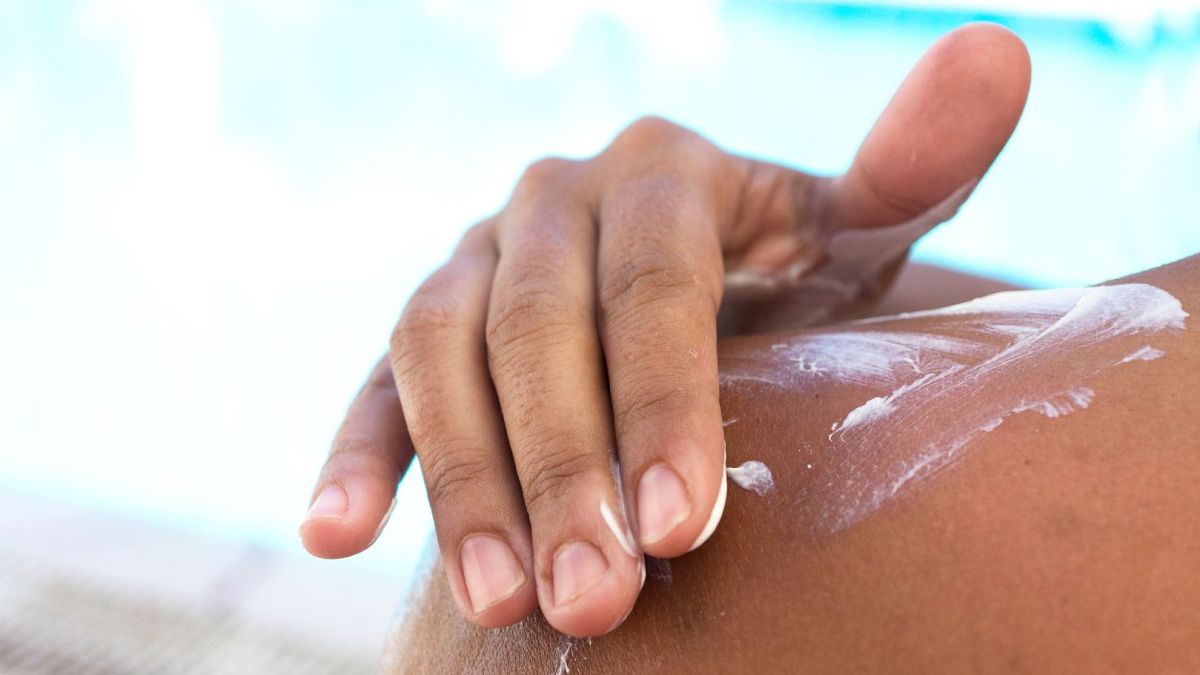

In a world where health concerns and trends are constantly evolving, staying informed and mindful of the nuances in health-related news is essential. Today, we explore three significant topics: the safety of mineral and chemical sunscreens, the current status of the West Nile virus in Italy, and a warning for online shoppers about weight-loss scams. Each story offers insights and reminders that contribute to our well-being and awareness.
Understanding Sunscreen Safety
Sunscreens, celebrated for their role in protecting the skin from harmful ultraviolet (UV) rays, come in two primary forms: mineral and chemical. Each type offers unique mechanisms to safeguard against sun damage. Mineral sunscreens, also known as physical sunscreens, typically contain zinc oxide or titanium dioxide. These ingredients work by forming a protective barrier on the skin’s surface, reflecting UV light away from the skin. On the other hand, chemical sunscreens contain compounds such as avobenzone or octisalate, which absorb UV radiation and convert it into heat, which is then released from the skin.
Both types of sunscreens have been deemed safe for use when applied correctly, playing a crucial role in preventing sunburn and reducing the risk of skin cancer. However, it’s important to apply an adequate amount regularly, especially after swimming or sweating, to ensure continued protection. While concerns have occasionally been raised about potential health effects, research and expert opinions generally support their safety, emphasizing their significance in daily skin protection routines. Choosing the right sunscreen often comes down to personal preference and skin type, with both mineral and chemical products offering viable options for effective sun defense.
The West Nile Virus Situation in Italy
Italy is currently facing a challenging situation with the West Nile virus, highlighting the importance of preventive measures and awareness. Recently, the virus has claimed its tenth life in the country this year, with a 93-year-old woman in the region of Lazio being the latest victim. This situation underscores the need for vigilance, particularly during the warmer months when mosquito activity peaks.
The West Nile virus, primarily transmitted to humans through mosquito bites, has been detected in multiple European countries this season. Italy has experienced a cluster of cases, prompting health authorities to enhance surveillance and mosquito control efforts. Symptoms of the virus can range from mild flu-like manifestations to more severe neurological complications. Despite these challenges, health officials continue to reassure the public that the risk of severe cases remains relatively low, urging individuals to adopt precautionary measures such as using mosquito repellent and eliminating standing water where mosquitoes breed.
Online Shopping Scams: A Cautionary Tale
In the digital age, online shopping offers convenience and accessibility, but it also presents certain risks. Recently, a new scam has emerged, primarily targeting individuals seeking weight-loss solutions. These scams involve “ghost stores,” which are fraudulent websites posing as legitimate businesses. Using deceptive tactics, these scammers impersonate well-known professionals, including dietitians, to sell products that mimic the effects of popular treatments like Ozempic, a medication used for its weight-loss properties.
The proliferation of these scams has caught the attention of consumer watchdogs, prompting public warnings and appeals for caution. Australian dietitian Lyndi Cohen has spoken out about her likeness being used without consent in such schemes. This situation highlights the importance of verifying the authenticity of online stores and the legitimacy of the products they offer. Consumers are encouraged to be discerning and skeptical of extravagant claims, ensuring that any purchases made online come from reputable sources.
Taken together, these stories emphasize the importance of informed decision-making and awareness across different facets of health and consumer behavior. Whether selecting the right sunscreen, staying vigilant against vector-borne diseases, or navigating the digital marketplace, mindfulness and caution remain key. By arming ourselves with knowledge, we can foster a healthier, more secure environment for ourselves and our communities.
Source: {link}
